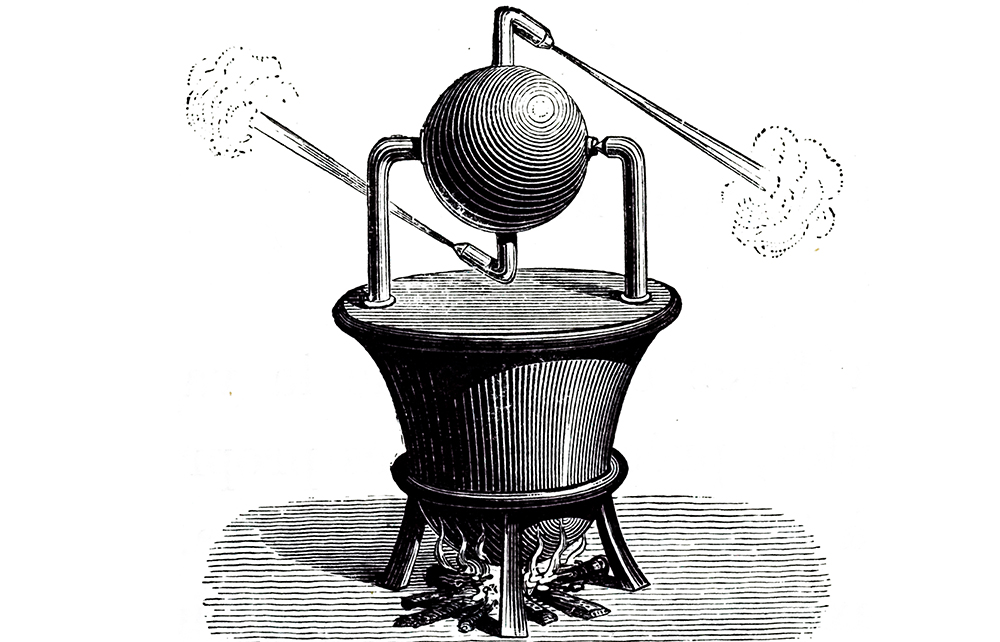These days technology rules the roost and robots take questions in the House of Lords. In the West at least, the Greeks (as ever) got there first. Like the Romans, they were fascinated by hydraulics, springs, pistons, gears, sprockets, pulley-chains – and experimented with them to produce a whole range of lifting, digging, and propelling devices, especially for military purposes.

Disagree with half of it, enjoy reading all of it
TRY A MONTH FREE
Our magazine articles are for subscribers only. Try a month of Britain’s best writing, absolutely free.
Already a subscriber? Log in






Comments
Join the debate, free for a month
Be part of the conversation with other Spectator readers by getting your first month free.
UNLOCK ACCESS Try a month freeAlready a subscriber? Log in